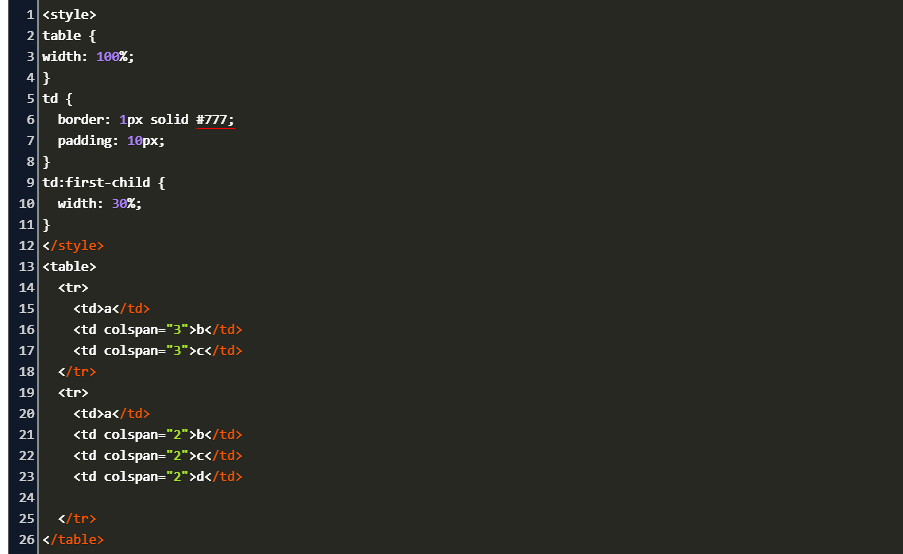

It may be that you meant " but that would not have worked either. It is what regular expressions call a character class and matches any 's' or '/', i.e. This "" and this "" equivalent regular expressions. sep is a regular expression that is used to match the text between columns. S = "" Probably isn't doing what you intend it to. There are a couple of issues with your first separate: separate(data, value, into = c("Ratings","Weighted Avg","IBU","Est Calories","abv"),sep="",fill = "right") CALORIES` IBU MEAN `WEIGHTED AVG` RATINGS Mutate(split = str_split(string, " ")) %>% Here is the new cleaner solution as reprex to easy copy-paste with reprex_clean() reprex::reprex_info() Thanks for these great suggestions ! I missed it with str_split result! Thanks a lot ! CALORIES` ` IBU` ` MEAN` ` WEIGHTED AVG` RATINGS # then get the result in column with NA in cells where you did not have value in string # you can now separate in a fixed 2 length vector

# then unnest the column before further data prep # you can apply the previous to each row using map

#> The following objects are masked from 'package:base':ĭata "RATINGS: 4" " MEAN: 3.83/5.0" " WEIGHTED AVG: 3.39/5" #> The following objects are masked from 'package:stats': I would do it like this, using purrr to help deal with list results from stringr reprex::reprex_info() You can use tidyverse tools to get a fixed length column to separate. Separate(data, value, into = c("Ratings","Weighted Avg","IBU","est Calories","abv"),sep= " ",extra = "merge") #but I can't split on it with tidyr's seperate Separate(data, value, into = c("Ratings","Weighted Avg","IBU","Est Calories","abv"),sep="",fill = "right") I would assume as I want to split where three spaces occur, that the easiest way would be to simply specify the spaces in brackets, but I don't think tidyr likes that? library(stringr) I'm having trouble where stringr::str_view will recognize the string I want to split on, but I can't get tidyr::seperate, to separate the data properly. Remember that you can recover the original data frame with the unsplit function, passing the divided data frame and the group or groups you used to create the split.Is there a 'tidy' approach to splitting data from text into columns, where each 'vector of text' does not contain the same number of elements?

dfs <- split(df, f = list(df$Type, df$Treatment)) Note that the total number of splits is the multiplication of the number of levels of each group. This will create four subsets with all possible combinations of the groups. As an example, you can create the split of the sample data frame with Type and Treatment columns. split(df, f = df$Treatment) $`nonchilled`Īs we explained in the vectors section, you can divide a data frame in subsets that meet different combinations of groups at the same time. You can use the split function to split the data frame in groups based for example in the Treatment variable. Head(df) Plant Type Treatment conc uptake Consider the following data frame: set.seed(3) You can split a data set in subsets based on one or more variables that represents groups of the data. Hence, you can split the vector in two vectors where the elements are of the same group, passing the names of the vector with the names function to the argument f. Suppose you have a named vector, where the name of each element corresponds to the group the element belongs.


 0 kommentar(er)
0 kommentar(er)
